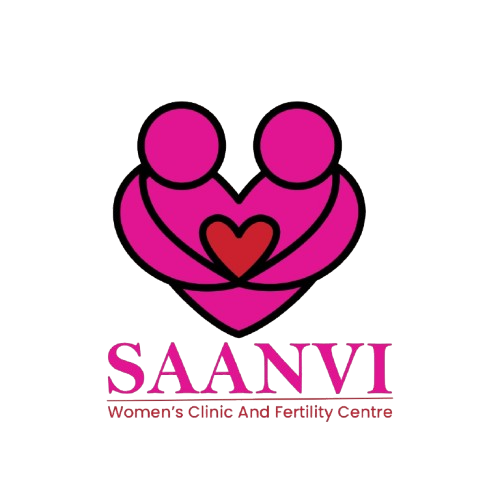When natural conception isn’t possible due to poor egg quality, absence of eggs, or certain genetic conditions, advanced fertility treatments like Ovum Donation (OD) and Embryo Donation (ED) provide new hope. These techniques involve using healthy donor eggs or embryos to help individuals or couples achieve pregnancy.
Both OD and ED are safe, ethical, and widely accepted options that offer high success rates — especially for women with diminished ovarian reserve or repeated IVF failures.
What is Ovum Donation (OD)?
Ovum donation involves using eggs from a healthy, young donor (usually between 21–32 years) who undergoes ovarian stimulation and egg retrieval. These donor eggs are then fertilized with the partner’s or donor’s sperm, and the resulting embryo is transferred into the recipient’s uterus.
When is OD recommended?
- Women with premature ovarian failure
- Advanced maternal age (usually over 40)
- Poor egg quality or low ovarian reserve
- Multiple failed IVF attempts
- Carriers of genetic disorders
- Women who have had their ovaries removed
What is Embryo Donation (ED)?
Embryo donation involves using a healthy embryo created from donor sperm and donor eggs. These embryos are usually donated by couples who have successfully completed their own IVF treatment and have frozen embryos available.
When is ED recommended?
- Both partners have fertility issues
- Single women or same-sex couples who cannot use their own gametes
- Repeated IVF or ICSI failures
- History of recurrent pregnancy loss due to embryo quality
- Genetic abnormalities in both partners
High-Quality Donors
We carefully screen and select healthy, proven egg and sperm donors for safe and successful outcomes.
Advanced Matching System
We ensure physical, genetic, and ethical compatibility for donors and recipients.
Confidential & Ethical
All OD/ED processes are handled with strict confidentiality and follow national legal & medical guidelines.
Frequently Asked Questions (FAQs) about OD & ED
Yes. Both are legal in India under ART (Assisted Reproductive Technology) regulations, provided proper consent and ethical guidelines are followed.
In ovum donation, the child is genetically related to the sperm provider but not the egg recipient.
In embryo donation, the child is not genetically related to either parent but is still carried and nurtured by the mother.
No. All donations are anonymous and confidential as per legal and ethical standards
Yes. You may request matching based on physical traits, blood group, or educational background — but personal identification is not revealed.

